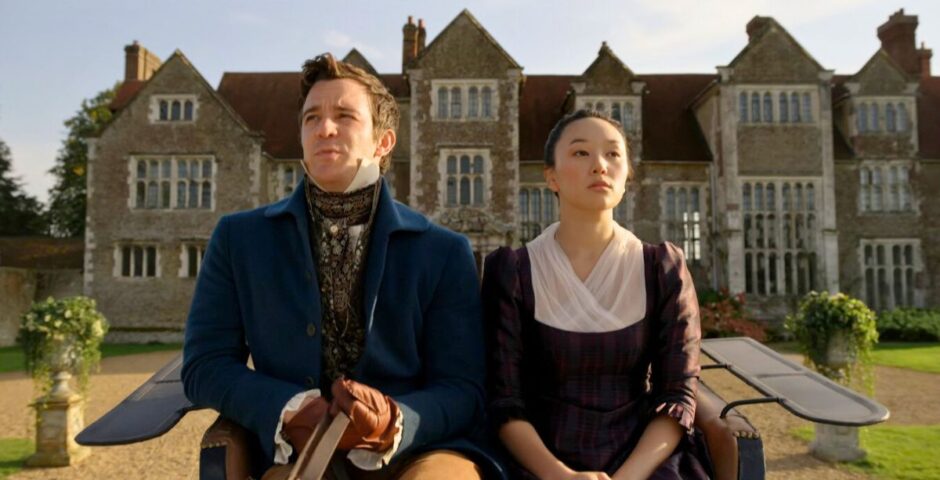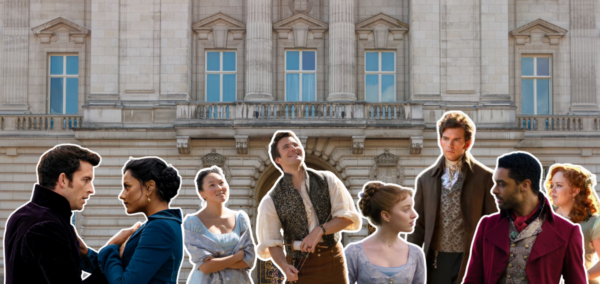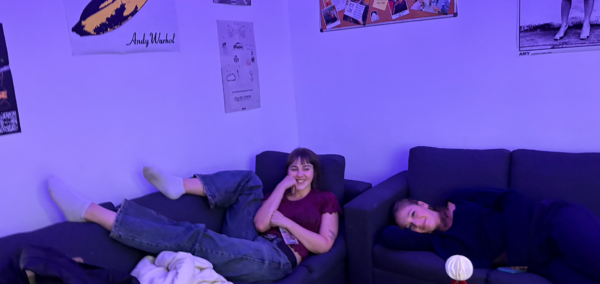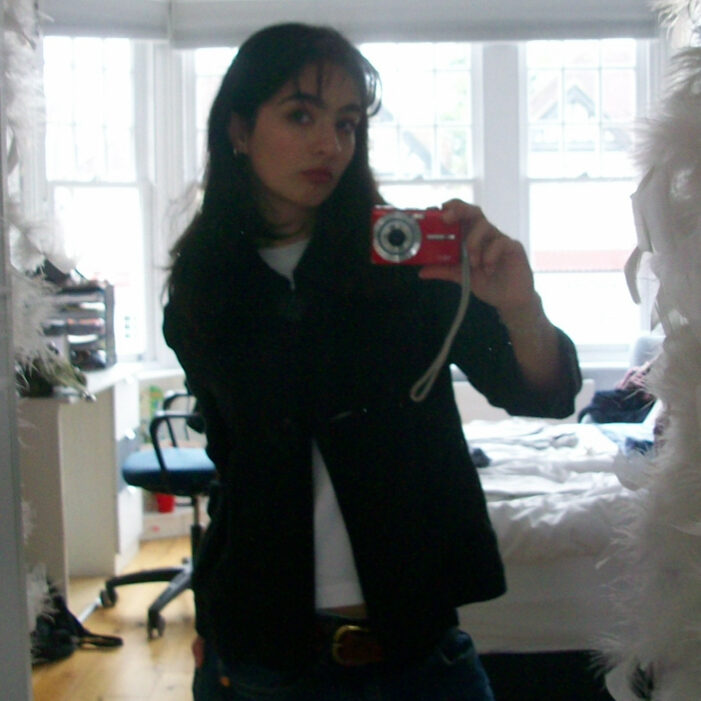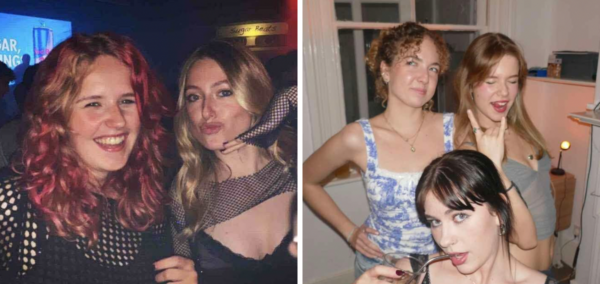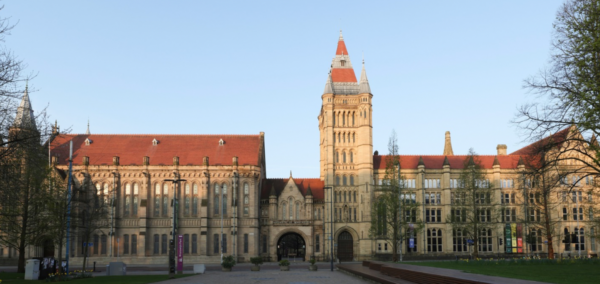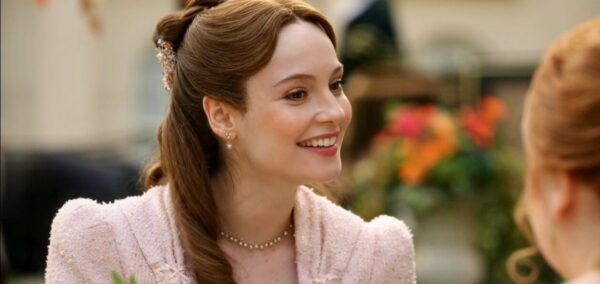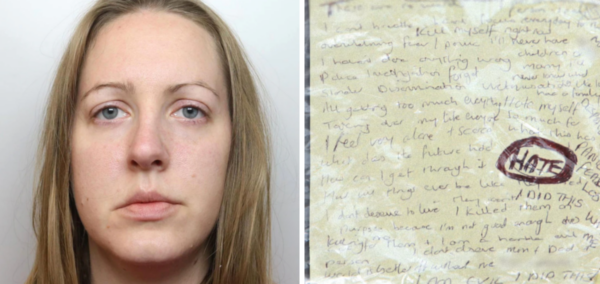
Lady Rita Rae: An interview with the Glasgow University rector
We discuss her role as the first female rector and whether she has been ‘absent’ and ‘missing in action’
It’s a damp Saturday morning in the Southside of Glasgow. We make small talk as I set up the interview in her study, where glazed shelves keep the dust from a career collection of legal tomes. Lady Rita Rae may have left the bench a few years ago, but her judge’s wig still sits in the corner of the room, a reminder this is a woman used to having her words heard and heeded.
The interview began by asking Lady Rae to discuss the role as she sees it – she said that “each rector is different” in the way in which they approach the role, and went on to opine that how a rector fulfils their role “depends on the experiences they’ve had and the opportunities they’ve had to engage”.
She also touched on the availability of some rectors, explaining that “not every rector is free, they have their own jobs”.

Only five universities across the UK have a rector – it is an ancient role and one that has been filled at this university since 1648.
Lady Rae is the first woman to fill the position in a working capacity, and during her time in the role, she has been stalked by accusations of being a ‘missing rector’.
According to the job description published by the SRC, they are expected to attend meetings of Court (the governing body of the University of Glasgow) and to work closely with the SRC as a student organisation in order to aid in bringing student concerns to the attention of the University leadership.
Most Read
Lady Rae made it clear to me that she has wanted to “work with the university for the benefit of students” in her role as rector and remarked that she has had “a lot of cooperation from different parts of the university and different individuals within the university” to facilitate that. Happily, she went on to say that “no one in the university has said no I don’t have time to speak to you” when she approached them for a solution.
I moved on to ask her why she ran for the role – she laughed, recounting that she was approached by a group of students who “would not be put off” when she tried to dissuade them – at the time of the election she was still a sitting judge. “It is such an honour to represent students of a very good university,” she said with a smile.
Lady Rae took up her post as rector after being voted into the role in 2021: “I started in a pandemic, which I think was very difficult for students – so I’ve tried to engage as much as I possibly can”. When I asked how this impacted her tenure, she remarked, “You didn’t have any sort of student life, and student life is not just about study”. We both agreed that the pandemic had a marked impact on student engagement and involvement on campus, as well as limiting their awareness of services offered by the university to a point.
I described my first year to her, as we started our time at the university at a similar period. She nodded sadly as I described feeling isolated and confused as to what I could do, or who I could talk to about how those feelings affected me. She was sympathetic, saying that it was a tough time for a lot of students, particularly those without as much of a family network to support them, as university can be a tricky transition from the shelter of one’s family, to being an independent, grown-up individual, without throwing a global pandemic into the mix.
‘I have rarely been so honoured to be elected as rector’
This was Lady Rae’s first remark when I asked what the role meant to her personally. She went on to say, beaming, that she “never expected to be elected”, and that she has always “loved her engagement with young people”. “I’ve mentored quite a lot of students, certainly in the law school, and I’m able to explain different things, bring them into court, let them listen to court trials etc”. Lady Rae has always enjoyed her time and interactions with the student populace – it seemed to me as though this brought her great pride. Speaking more personally, she said that the role “means a lot – it’s one of the most important roles” she has filled in her career.

When I asked her about how it felt to be the first female working rector in the university’s 572-year history, Lady Rae said that despite breaking a number of barriers in her career in the legal profession, nothing “is equal to this particular honour”. She went on to say that she has always “wanted to do the best she possibly could in whatever role she filled”.
Lady Rae’s family have always been supportive of her in every aspect of her life, she explained warmly. Coming from a lower-income family, her parents were insistent that if she wanted to go to university, then she should be able to have that chance, and they pulled the money together.
Pressed if she thought the role of rector was still relevant today, Lady Rae told me:
‘If you’ve got a rector actually prepared to work for students, then yes – the role is relevant and worthwhile’
She went on to remark that students “in the past have elected personalities rather than someone who’s going to work at the role”, individuals such as Edward Snowden, Albert Latuli, and Winnie Mandela, as figureheads – although she swiftly offered that this wasn’t a criticism, merely an observation.
Edward Snowden may have had his own reasons for not hanging around campus but given the recent articles alleging her absenteeism, I was keen to hear Lady Rita’s defence.
“I don’t think I’ve ever been quite as upset,” she told me.
She explained that she was not approached for comment by the authors of these articles and features, so she wasn’t able to defend herself before the national press got hold of it.

via the University of Glasgow Photographic Unit
Lady Rae, throughout her time in the role, has made it abundantly clear that her desire is not to “chase headlines or to seek any publicity” for the work that she does on campus. She believes that as a result of this, it makes her “seem like an absent rector”.
Lady Rae went on to say that rather than seeking headlines, she would “want the students to approach her” if they felt she wasn’t doing enough to help them when they raised issues with her. However, she found that “lots of students don’t know what a rector is, who they are, what a rector does, and how they can contact the rector”, again highlighting that this was through no fault of their own.
She also remarked that she felt a little reliant on the SRC coming to her for assistance with issues brought up internally, and told me that she was actively seeking a closer working relationship with them.
She remarked that ‘she is not going to go out and kind of tap students on the shoulder and say right what do you want me to do for them’
She believes that student involvement is key to her role in the university. For me, whilst it’s important for students to advocate for themselves, it’s also crucial for university leaders to create an open and supportive environment where students feel comfortable seeking help when needed.
Some could say that it is essential for leaders in educational institutions to be approachable and actively engage with students to ensure their needs are met, rather than taking a hands-off approach.
Was this the motivation behind her visit to the Dumfries campus for their Freshers’ Week? The campus often is sidelined and forgotten as the majority of students study on the Gilmorehill campus in the West End, she remarked. This visit to Dumfries is commendable and demonstrates a commitment to addressing disparities and reaching out to underserved aspects of the university, but it does seem inconsistent with the more hands-off approach she alluded to above.
It perhaps highlights the need for Lady Rae to consistently prioritise outreach and support for all students, rather than assuming that they will take the first step in seeking assistance. Furthermore, she has been dealing with a plethora of complaints from students regarding a variety of issues, from the marking strikes to the cost of living crisis faced by many students today.
To me, this underscores the complexity of her role and the diverse needs of the student body.
One last question, as the interview draws to a close. Would Lady Rae, her term almost up, seek to return as rector next year? A smile crosses her face. “I doubt it very much, I’m meant to be retired!” Yet the smile widens. “But I’m not ruling anything out.” The judge’s wig watches from the corner. It too retired, but not far from reach, should it be needed again.
Featured image via the University of Glasgow Photographic Unit.
Related stories recommended by this author:
• I tried the “study crawl” trend through the west end of Glasgow and here’s what I found
• Glasgow’s West End named one of Time Out’s ‘coolest neighbourhoods in the world’
• Firefighters to give out an award in memory of Strathclyde University student




